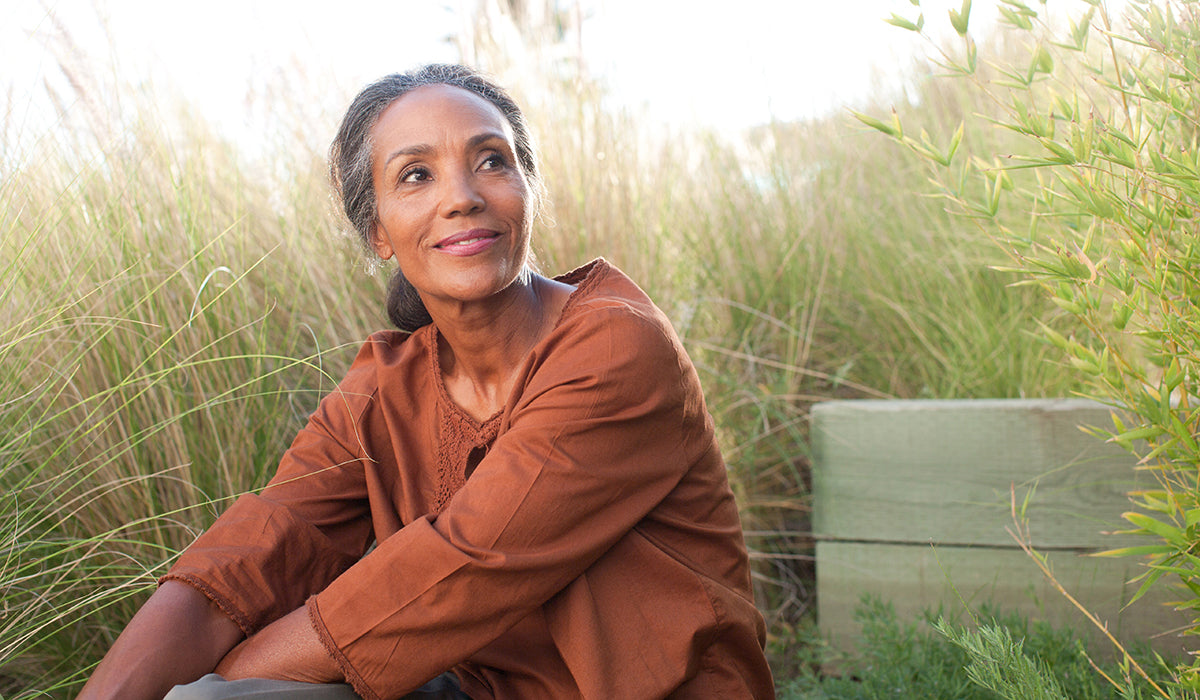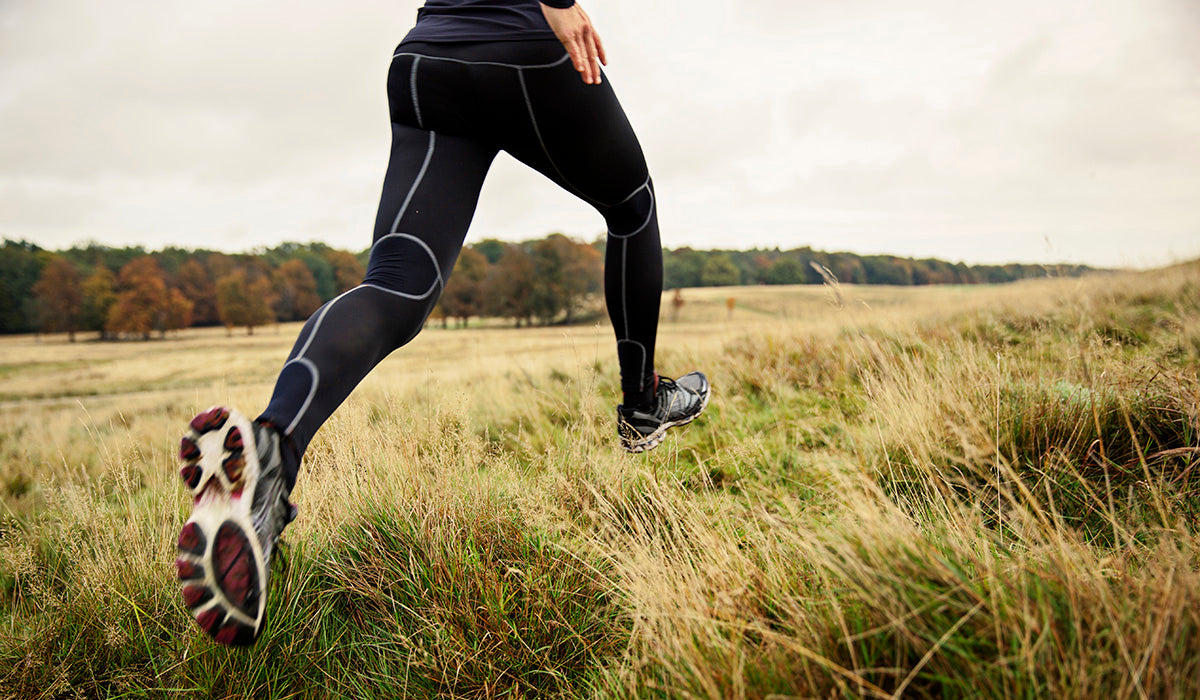MegaFood
When a woman hits her 50s, she experiences myriad physical and emotional changes due to perimenopause, menopause and post menopause. But the 50s can be fabulous! To help navigate the shifts, women in their 50s should consider updating their multivitamin.
So what are the best vitamins for women in their 50s? To further understand, including how to find the ideal multivitamin to take after menopause, we asked NYC-based registered dietitian Amy Shapiro for her expert advise.
Does a Woman in Her 50s Need to Take a Specific Multivitamin?
Simply put, women over 50 require different levels of certain vitamins and minerals than they needed in their 40s and earlier years.
“Due to hormonal shifts and energy changes, women’s needs can change,” Shapiro says. However, not all nutrient intake requirements will change. “Due to menopause — which usuallys occurs between 51 and 53 years old — your need for calcium increases and your need for iron decreases.”
Additionally, “you may also need to support your thyroid more and selenium is helpful here,” she adds. “Finally, as we age, you also may see a reduction in B12, so supplementing with that is important, too.”
These nutrients and more are found in many multivitamins for women over 50 to support evolving health concerns and overall well-being.*
How Important is it for Women to Supplement with a Multivitamin After Menopause?
As a dietitian, Shapiro believes that supplementing with a multivitamin is important for women following menopause, though she finds that taking a high-quality multivitamin is beneficial across all stages of life.
When it comes to vitamins for women over 50, Shapiro particularly suggests taking vitamin D as well as calcium. “After menopause, I do recommend women supplement with [them] to ensure their bones stay strong along with the decrease in estrogen,” she says. “Calcium is important because as our estrogen drops, our bones become more brittle. Taking calcium along with vitamin D helps to prevent fracture and maintain strong bones.”
What are the Best Vitamins and Minerals For Women Over 50?
Women over 50 should prioritize the following nutrients when shopping for a multivitamin.
1. Vitamin D
First and foremost, Shapiro again emphasizes why vitamin D is integral to the health of women over 50. “Vitamin D is important for bone health,” she explains. The vitamin is also known to support immune health, hormonal health and mood, all of which contribute to general well-being.*
Additionally, getting vitamin D through supplementation is “important because we do not get it [in adequate amounts] from food, only from the sun,” she explains.
People who wear sunscreen with a high SPF on a daily basis — as well as those who lack adequate sunlight based on their geographic location or during the colder months — may not get enough vitamin D to the levels required to maintain optimal health. “Many women who are in their 50s are not outside enough to absorb their needs from the sun,” Shapiro adds.
Supplementing with vitamin D is the best way to ensure that you get enough of the so-called sunshine vitamin. Be sure to look for it on the label when shopping for a multivitamin formulated for women over 50.
2. Vitamin B6
Next, B6 is another top vitamin for women over 50. “Vitamin B6 helps with metabolism, which may decrease with age,” Shapiro explains. In other words, women in their 50s may not be able to maintain their standard weight even if they stick to the same dietary protocol as they did in years past, making B6 a helpful ally throughout this decade of life — and beyond.
3. Vitamin B12
Perhaps the most well-known of the family of B-vitamins, vitamin B12 is included in Shapiro’s list of the best vitamins for women over 50. “B12 is important to take as it may help with digestion and energy levels,” she says.
Further, since animals and animal byproducts comprise the richest dietary sources of B12, people who follow a vegetarian or primarily plant-based diet are typically advised to supplement with B12 to ensure adequate intake of this nutrient. While B12 is found in many multivitamins, women over 50 should speak with a physician or registered dietitian to see if additional B12 supplementation is required.
4. Selenium
As Shapiro mentioned above, selenium is another nutrient that women should prioritize in their supplement regimen. As the National Institutes of Health explains, this trace element, “is nutritionally essential for humans, is a constituent of more than two dozen selenoproteins that play critical roles in reproduction, thyroid hormone metabolism, DNA synthesis, and protection from oxidative damage.”
Since selenium is involved in many processes that impact health, it’s worth making sure that this nutrient is included in any woman’s multivitamin.
5. Zinc
Finally, the mineral zinc should also be prioritized when shopping for a multivitamin for women over 50. As an article in the medical journal Immunity and Ageing shares, “The trace element zinc is essential for the immune system, and zinc deficiency affects multiple aspects of innate and adaptive immunity.” The article then shares that studies confirm that zinc levels decline with age, which makes supplementation important for women as they grow older.*



Leave a comment
This site is protected by hCaptcha and the hCaptcha Privacy Policy and Terms of Service apply.